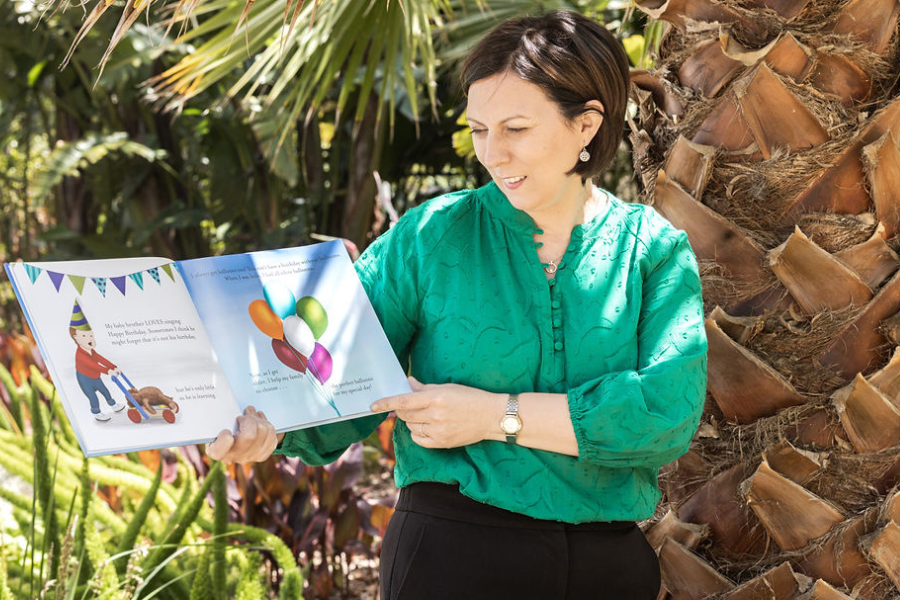Role of a Funeral Celebrant
Funeral ceremonies are deeply personal and emotional events, and they play a crucial role in helping the bereaved say their final goodbyes to their loved ones. In recent years, there has been a shift in the way funeral services are conducted, with more people turning to funeral celebrants to lead these ceremonies. But what exactly is the role of a funeral celebrant, and why have they become increasingly popular in this sensitive domain?
A funeral celebrant is a trained professional who conducts funeral and memorial services, focusing on celebrating the life of the deceased while providing comfort and support to the grieving family. Their primary role is to create a meaningful and personalised ceremony that reflects the wishes and values of the deceased and their family. Unlike traditional religious clergy, funeral celebrants are often secular and can accommodate a wide range of beliefs and spiritualities. This flexibility is a significant reason for their growing popularity.
One of the key responsibilities of a funeral celebrant is to work closely with the family and friends of the deceased to gather information and anecdotes about their life. This process involves in-depth interviews and consultations to create a eulogy that captures the essence of the person being honoured. The celebrant uses this information to craft a narrative that highlights the individual's unique qualities, accomplishments, and the impact they had on the lives of those around them.
The celebrant also helps the family select appropriate readings, poems, and music that resonate with the deceased and their loved ones. In doing so, the celebrant ensures that the ceremony is a heartfelt and authentic reflection of the person's lif
During the funeral or memorial service, the celebrant serves as the master of ceremonies, guiding the attendees through the various elements of the ceremony. They provide a warm and comforting presence, offering words of solace and support to those in mourning. Their role is not just to officiate but to be a source of strength and compassion for the bereaved.
A significant advantage of choosing a funeral celebrant is their ability to create a ceremony that is inclusive and accommodating to a diverse audience. In today's multicultural and multi-faith societies, not everyone subscribes to the same religious beliefs or traditions.
A celebrant can tailor the service to respect and incorporate the various cultural and spiritual aspects important to the family and the deceased. This inclusivity allows for a more meaningful and respectful tribute.
Additionally, celebrants can adapt to the changing landscape of funeral services. With the the shift away from traditional religious funeral rituals, celebrants provide a modern and progressive approach to celebrating someones life. They are also well-versed in handling non-traditional venues, such as outdoor settings, private homes, or other unique locations, further personalising the ceremony.
In conclusion, the role of a funeral celebrant is that of a compassionate and skilled guide, entrusted with the responsibility of crafting a personalised and heartfelt farewell for someone who has died. They play a pivotal role in ensuring that the ceremony reflects the individual's life, values, and the wishes of the family while providing comfort and support during a difficult time. As more people seek a more inclusive and tailored approach to funerals, the role of the funeral celebrant continues to grow in importance and relevance.






